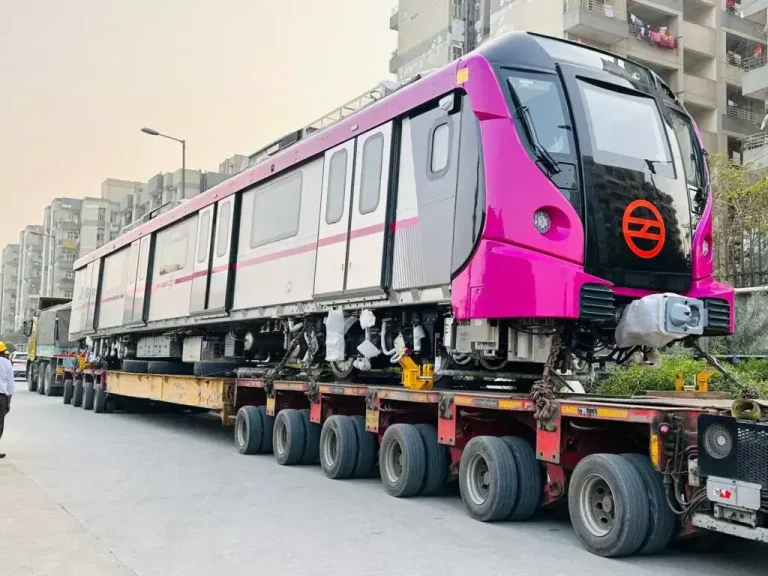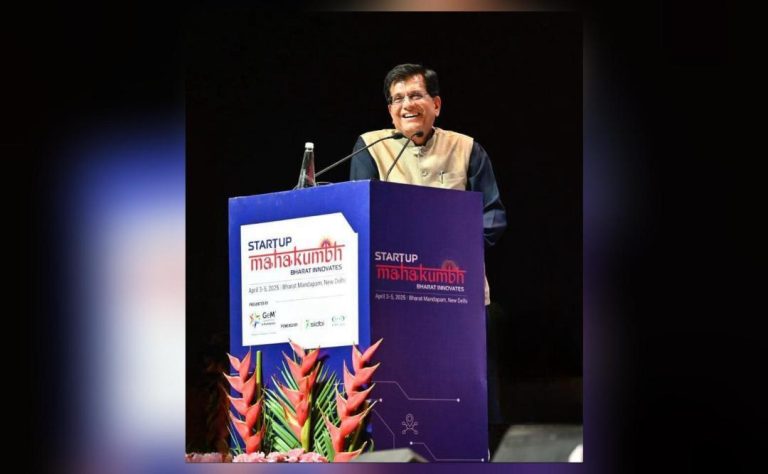
BYD Denies Manufacturing Plant Plans in India as False
Recently, there have been reports circulating in the media that Chinese electric vehicle (EV) giant BYD is planning to invest $10 billion in a manufacturing plant in Hyderabad, India. However, the company has officially denied these claims, labeling the news as false through an official statement on its WeChat account.
The reports of BYD’s alleged plans first emerged through unverified sources, which sparked widespread speculation in the media and among industry experts. The news sparked excitement among observers, as it would have marked a significant investment by the Chinese company in the Indian market.
However, BYD has now clarified that no such agreement or decision has been made regarding the establishment of a manufacturing plant in India. In a statement, the company emphasized that the reports were entirely false and without any basis.
The statement from BYD comes as a shock to many, as the company has been expanding its global footprint in recent years. BYD has already established a significant presence in the Chinese market, and has also made inroads in countries such as the United States, Japan, and South Korea.
Despite the denial, the reports of BYD’s alleged plans in India had already generated significant interest among industry experts and observers. The news was seen as a major development in the country’s growing EV market, which has been gaining momentum in recent years.
The Indian government has been actively promoting the adoption of EVs as part of its efforts to reduce carbon emissions and improve air quality in the country’s cities. As a result, several international companies, including those from China, have been exploring opportunities to invest in the Indian EV market.
In recent years, the Indian government has taken several initiatives to support the growth of the EV industry, including offering subsidies and tax breaks to manufacturers and consumers. The government has also set a target of having at least 30% of new car sales in the country to be electric by 2030.
Despite the denial from BYD, the reports of the company’s alleged plans in India highlight the growing interest among international companies in the country’s EV market. Other Chinese companies, such as Geely and Great Wall Motor, have already established a presence in the Indian market, and it is likely that more will follow in the coming years.
The denial by BYD also raises questions about the reliability of the sources that initially reported the news. The reports emerged through unverified sources, which suggests that the information may have been inaccurate or exaggerated.
In recent years, there have been several instances of false or misleading reports in the media, which have caused confusion and misinformation among the public. The denial by BYD serves as a reminder of the importance of verifying information before reporting it, particularly in the fast-paced and competitive world of business and finance.
In conclusion, BYD’s denial of plans to establish a manufacturing plant in India highlights the importance of verifying information before reporting it. While the reports of BYD’s alleged plans had generated significant interest among industry experts and observers, the denial serves as a reminder that not everything that is reported is true.
As the Indian EV market continues to grow and evolve, it is likely that more international companies will explore opportunities to invest in the country. However, it is essential that the media and other stakeholders take steps to verify information before reporting it, to avoid spreading misinformation and confusion.
News Source:
https://ascendants.in/industry_events/byd-denies-manufacturing-plant-india-official-statement/






